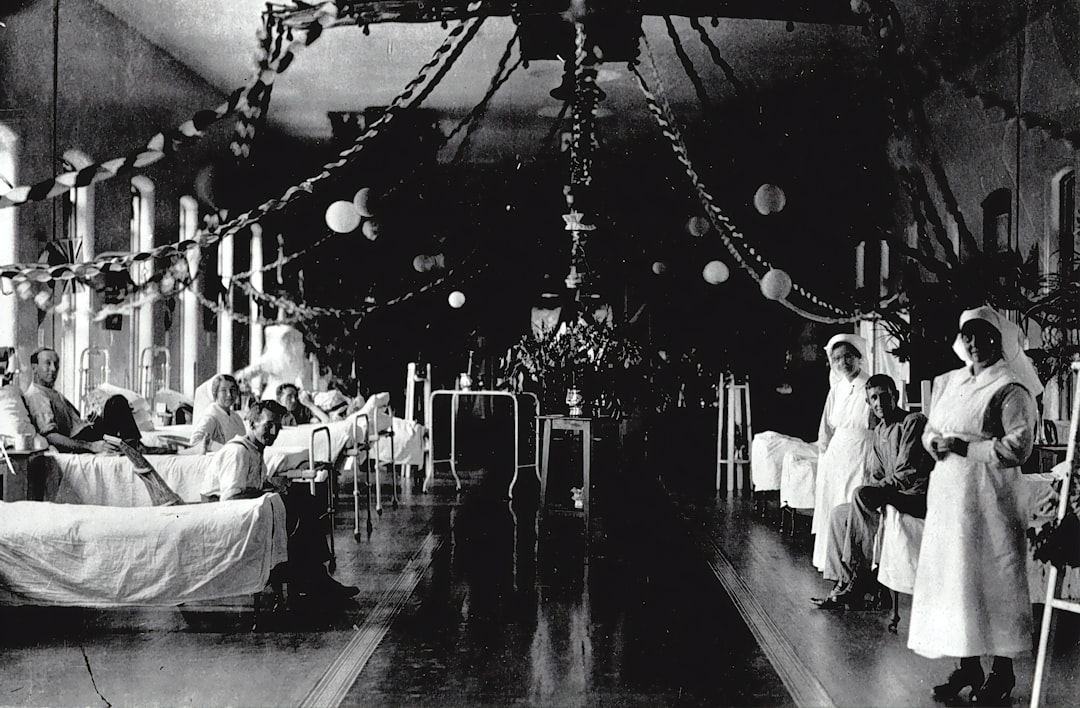What is it about?
In order to optimise its impact, the implementation of the Care Certificate is now being evaluated in an 18-month study funded by the Department of Health Policy Research Programme. It broadly aims to assess how successfully the Care Certificate meets its stated objectives and to explore areas for improvement. About the study A study funded by the Department of Health Policy Research Programme has recently commenced: ‘Evaluating the Care Certificate: A Cross-Sector Solution to Assuring Fundamental Skills in Caring’ (ECCert). The Care Certificate is a set of 15 standards designed to provide a consistent approach to the training and induction of healthcare assistants and social care support workers for their roles within care organisations. This project aims to evaluate the effectiveness of the Care Certificate in achieving its intended outcomes which include improving the experience of induction, training and career development for healthcare assistants and social care support workers as well as improving care for patients. It will also explore the processes through which these outcomes are achieved and how different approaches to the implementation of the Care Certificate impact on these processes and outcomes. Specific aims are to: Assess how successfully the Care Certificate meets its stated objectives to improve induction training and enable support workers feel better-prepared to provide high quality care. Consider variations in implementation across the full range of CQC-registered health and adult social care services and organisations. Explore areas for improvement in order to meet its objectives better. How will we achieve our aims? To meet these aims, a two-staged mixed methods approach has been adopted. In Stage 1, a telephone survey of a large number of care organisations took place. In Stage 2, qualitative case studies were carried out in a smaller number of care organisations to gain more in depth insight into the implementation and effectiveness of the Care Certificate.
Featured Image

Photo by Helloquence on Unsplash
Why is it important?
Increased attention has recently been given to the training needs of the front-line care workforce by policy makers culminating in the Cavendish Review in 2013. The review called for the introduction of a Certificate of Fundamental Care – now called the ‘Care Certificate’ and recommended that all new front line care workers should achieve this before working unsupervised. The Care Certificate, sets out 15 standards that are required to provide safe, effective and compassionate care. As such, it aims to promote a consistent approach to staff training and induction and encourage improvements in career development pathways and the safety and quality of care provided by care organisations. Although not mandatory, as from April, 2015, it is now expected to form part of training for new recruits to care organisations in England with the Prime Minister’s Challenge on Dementia suggesting, in 2015, that all newly appointed care staff should undertake this training.
Perspectives
Health care assistants and social care support workers play a central role in front line care provision. For not only are they are usually the first point of contact for those in receipt of care, they also deliver around twice as much of this care as registered nurses, including many of the complex roles formerly undertaken by these nurses. They are also growing in number with over 300,000 new carers commencing work in health and social care organisations each year. Due to demographic trends towards an ageing population, these numbers are likely to progressively increase, particularly in the specialisms of older age and dementia. Policy makers have responded to these challenges with national strategies such as the National Dementia Strategy, aiming to improve the delivery of front line care. In spite of this, front line practice is still often characterised by inconsistency and the common adoption of depersonalised and task centred approaches. These inadequacies have been exacerbated by assumptions that nothing can be done to improve the wellbeing of people with dementia or that being a good carer is all about innate characteristics and common sense rather than something that can be acquired through training. In addition, in spite of the widespread advocacy of key concepts such as person centred dementia care, there has been a lack of clarity on how it should be implemented in practice and on what resources are required in order for this implementation to be achieved.
Dr Elaine Argyle
University of Nottingham
Read the Original
This page is a summary of: Introducing the Care Certificate Evaluation: Innovative practice, Dementia, August 2017, SAGE Publications,
DOI: 10.1177/1471301217723498.
You can read the full text:
Resources
Contributors
The following have contributed to this page










